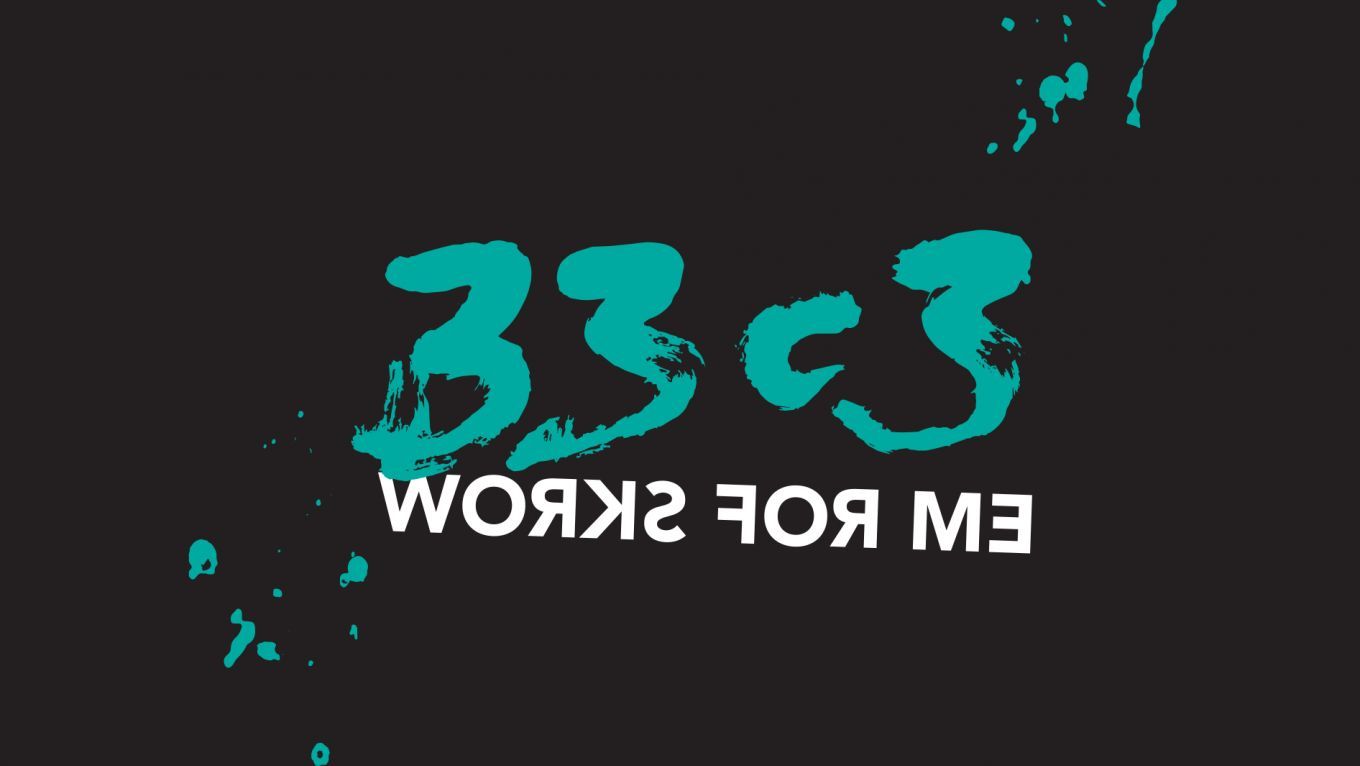Security
On Smart Cities, Smart Energy, And Dumb Security
Smart City is an abstract concept everyone talks about but no one knows what it actually means. No one, except Energy utilities.
In this talk we will explore the vast world of Smart Energy, and see how energy providers used the "Smart City" concept to get better control over our energy consumption, all while almost completely ignoring security aspects along the way.
Join me and see how Smart Energy is making our lives a little bit better, but also dangerously insecure.
While "Smart Cities" are starting to pop all over the world, no city has ever standardized what that term actually means. Smart Energy, on the other hand, has been standardized both by governments and by large private utilities.
This positive regulation made the Smart Energy market one of the largest IoT industries today, with over 100,000,000 smart devices currently implemented at consumer premises by utilities all over the world.
In this talk We will dive into the Smart Grid, exploring security issues both in the utility infrastructure and the Smart Meters present at consumers. We will explore the magical world called ZigBee, the confusing world of incomplete RFCs, and the hazardous world of insecure wireless devices that control your electricity grid.
You will leave this talk with a much better understanding at what's going on in your city, your energy provider, and, surprisingly, your home; And trust me, it won't make you feel any better.
Additional information
| Type | lecture |
|---|---|
| Language | English |
More sessions
| 12/27/16 |
Certificate transparency - what is it, and what can be done with it?
|
| 12/27/16 |
Hardware is often considered as an abstract layer that behaves correctly, just executing instructions and outputting a result. However, the internal state of the hardware leaks information about the programs that are executing. In this talk, we focus on how to extract information from the execution of simple x86 instructions that do not require any privileges. Beyond classical cache-based side-channel attacks, we demonstrate how to perform cache attacks without a single memory access, as well as ...
|
| 12/27/16 |
PHP-7 is a new version of the most prevalent server-side language in use today. Like previous version, this version is also vulnerable to memory corruptions. However, the language has gone through extensive changes and none of previous exploitation techniques are relevant. In this talk, we explore the new memory internals of the language from exploiters and vulnerability researchers point of view. We will explain newly found vulnerabilities in the 'unserialize' mechanism of the language and ...
|
| 12/27/16 |
Follow the steps taken to crack a conditional access and scrambling system used in millions of TV set-top-boxes across North America. From circuit board to chemical decapsulation, optical ROM extraction, glitching, and reverse engineering custom hardware cryptographic features. This talk describes the techniques used to breach the security of satellite and cable TV systems that have remained secure after 15+ years in use.
|
| 12/27/16 |
Heads is an open source custom firmware and OS configuration for laptops and servers that aims to provide slightly better physical security and protection for data on the system. Unlike Tails, which aims to be a stateless OS that leaves no trace on the computer of its presence, Heads is intended for the case where you need to store data and state on the computer. It targets specific models of commodity hardware and takes advantage of lessons learned from several years of vulnerability research. ...
|
| 12/27/16 |
We analyze the generation and management of WPA2 group keys. These keys protect broadcast and multicast Wi-Fi traffic. We discovered several issues and illustrate their importance by decrypting all group (and unicast) traffic of a typical Wi-Fi network.
|
| 12/27/16 |
We present DROWN, a novel cross-protocol attack on TLS that uses a server supporting SSLv2 as an oracle to decrypt modern TLS connections. Using Internet-wide scans, we find that 33% of all HTTPS servers are vulnerable to this protocol-level attack.
|

